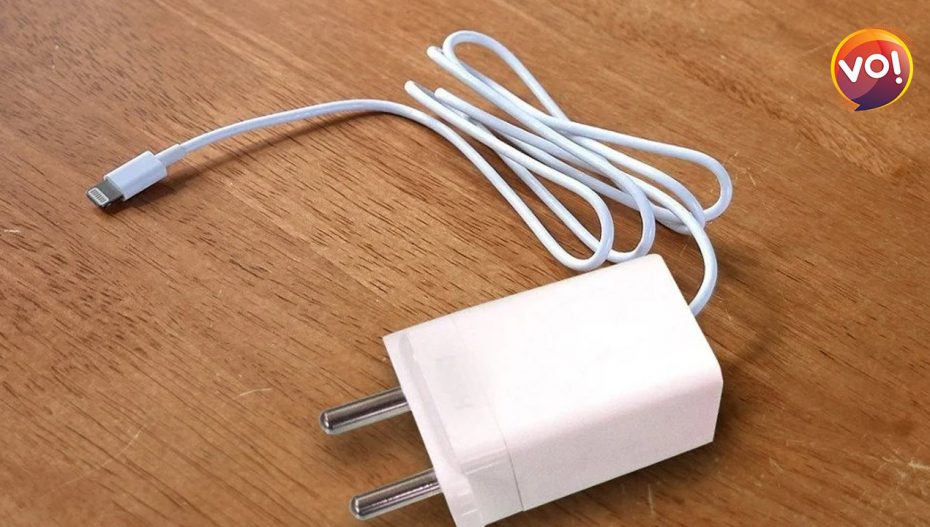Soon, you might just be relieved from the headache of carrying multiple chargers at all times, especially when travelling – a laptop charger, a smart watch charger, a bluetooth charger, a mobile phone charger, and what-have-you. The government of India is mulling the adoption of one-charger policy – a common charger for all electronic devices such as mobile phones, bluetooth earphones, smart watches, tabs, e-readers, headphones and probably laptops too.
But, recently a number of industry bodies asked the Consumer Affairs Ministry not to implement the one-charger policy until the European Union (EU) does the same. “Closer examination of the feasibility of the common charger is required, and the lessons that will be learned from the EU must be closely examined before any precipitate action,” a presentation by one of the industry groups said in an internal meeting.
The policy-making should be based on a thorough market and consumer research with a proper impact assessment on consumer ease against cost preference, said the industry bodies. At the same time, the bodies stressed digital penetration and accessibility of mobile devices across the length and breadth of the country. Funding for wireless charging and interoperability of charging solutions are also two directions that the policy should look at.
While the one-charger policy may reduce future e-waste, and help India meet its global climate commitments, industry bodies are sceptical. Pankaj Mohindroo, chairman of ICEA, believes that since the power requirements of different devices are different, the one-charger policy may not be as effective. The adoption of common chargers across all the platforms requires re-engineering from the device’s perspective.
Moreover, since India is a large base of charger manufacturing, the move could affect the industry. The country, at present, aspires to be one of the world leaders in charger manufacturing. A final decision will be taken by the government after an expert committee is set up.










